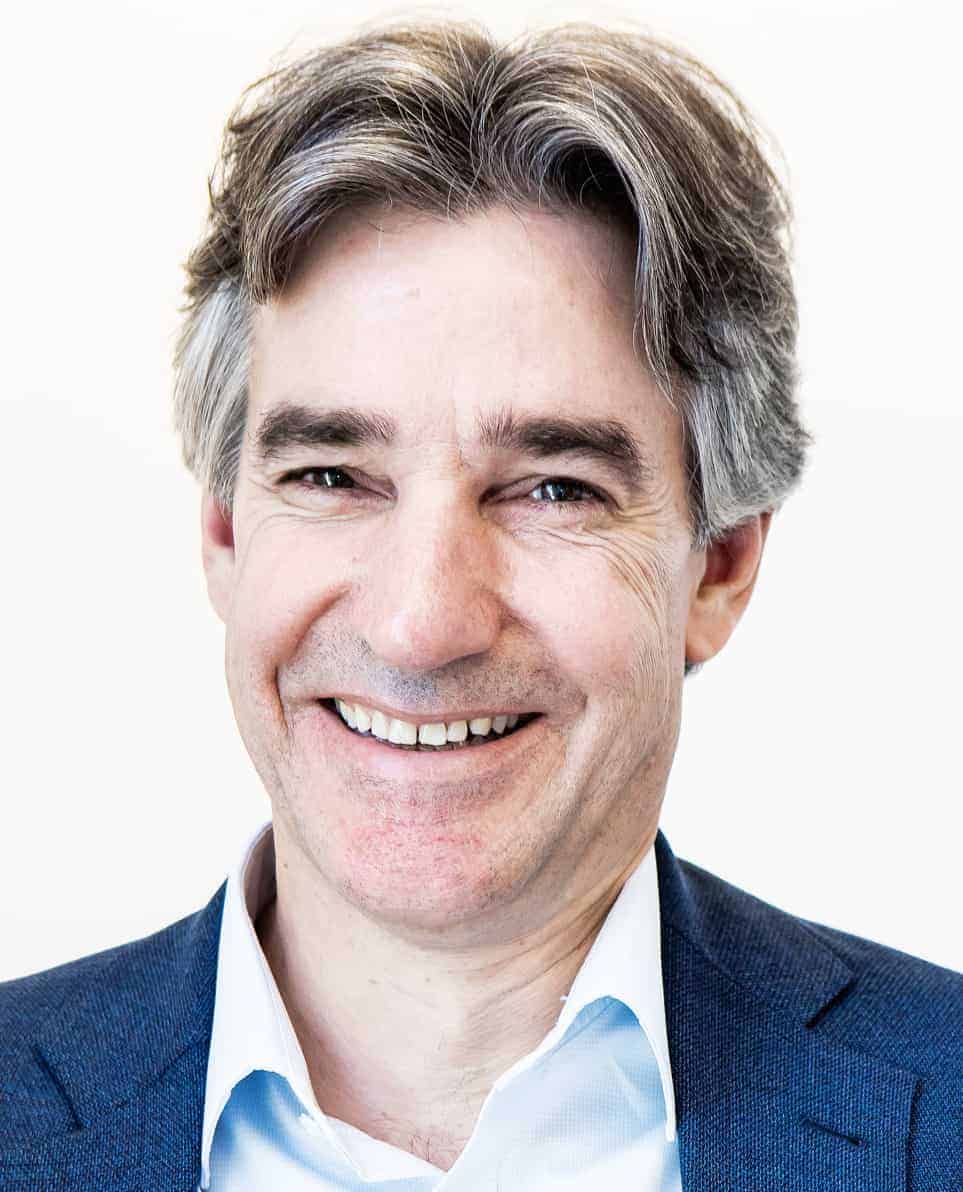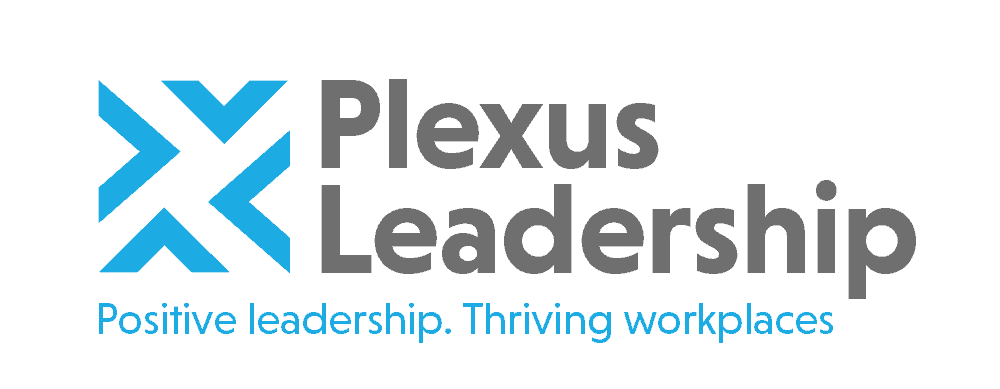In a recent article, Professor Lynda Gratton, organizational theorist and consultant, argues that we must widen our vision of the forces shaping the future of work. I agree wholeheartedly with Professor Gratton’s assertion. The future of work debate has become dominated by more obvious forces like technological advancement (including AI, robotics and machine learning) and changing attitudes of the younger generations, specifically Millennials (those born between 1981 and 1996) and Gen-Z’s (those born between 1996 and 2010). These are, of course, profound shifts and disruptive technological advancement will undoubtedly transform the world of work beyond recognition, both in positive and less positive ways as is well documented. However, a narrow focus prevents us from broadening the conversation and exploring less obvious forces shaping the future of work.
There has been virtually no press coverage of a force I believe could be at least equally as important as technological change in shaping our future world of work. Our current model of capitalism which has served us well for several hundred years, since the publication of Adam Smith’s Wealth of Nations in 1776, may be reaching the limits of its utility. Despite your political and ideological views, we are deeply indebted to the system. There is little disagreement among economists that living standards have risen significantly since the birth of modern capitalism. Average life expectancy has also risen from around 35 to around 75 years during this time. At the same time, extreme poverty and illiteracy have been reduced to single figures in most parts of the world.
However, there are growing signs that the system is increasingly inadequate for the future and in need of a reset. Wealth distribution is increasingly unsustainable. In fact, 1% of the world’s population now control around 50% of the wealth. As detailed in Thomas Pikety’s book, “Capital in the 21st Century”, the rich are getting richer while the lower earners are increasingly struggling to make ends meet. Debt levels around the world have been rising for the past 50 years and have now reached unprecedented levels. This signals a major burden for future generations who will at some stage need to repay this debt. However, governments wanting to remain in power and capital markets benefitting from growing markets are motivated to keep cheap money flowing. Their aim is to sustain the stability of the current system, even though warning signs are flashing that it’s time for reform.
But another force is threatening to disrupt our current model of capitalism. People are starting to see the enormous environmental and planetary costs of the shareholder and profit-creation ‘machine’ people have built. The planet is warning at alarming levels and carbon emissions are causing major health problems. The plastic pollution problem is reaching crisis proportions, damaging our oceans and environment irreparably. And deforestation is destroying the worlds ‘lungs’. It’s now not only the middle and lower earners that are questioning the current model of capitalism. Owners, investors and the wealthiest among us are starting to wake up to the fact that if you squeeze assets and resources too hard for ever-great returns, you risk killing the golden goose. People at all income levels around the world are increasingly worried about the state of our planet and the damage the current system is inflicting on our environment and wellbeing. They are concerned not just for their own health and wellbeing, but also for the future of their children and grandchildren and the type of world they will inherit.
So how is all this going to impact the future of work? We can’t be certain, however, some of the probable implications are as follows:
- Employees and customers will increasingly demand that organizations have a purpose that goes well beyond profit and shareholder value. They will want to see organizations become more socially and environmentally accountable, integrating sustainable business practices into the way they do business. As we are already seeing, employees will pressure top management to put in place plans and programs that go beyond mere compliance. We saw an example of this recently when pressure from Amazon employees persuaded top management to commit to becoming carbon neutral by 2040.
- Individual and institutional shareholders will increasingly switch to ethical and sustainable funds while limiting investments in companies that are damaging the environment and people’s health and wellbeing. These types of funds have seen significant growth in recent years. As a result, they are starting to have increased influence over financial decisions and business practices of bigger and high-growth entrepreneurial businesses. We can expect this trend to accelerate, making it difficult for companies without a track record of ethical and sustainable practices to secure investment required to grow and thrive.
- As international concerns about climate change grow and there is a greater focus by governments on reducing pollutants and increasing wellbeing, we can anticipate a significant shift in the way business and leadership performance is measured. There will be far more focus on social, environmental and wellbeing measures, something most businesses are not used to accounting for. Key measures of leadership performance will change as leaders are increasingly expected to safeguard the wellbeing of their people and shift towards less environmentally damaging ways of doing business.
- Organizations may well be forced to curb unnecessary business travel, including frequent and/or short flights, to reduce their carbon footprint. This pressure on business travel is likely to be accelerated by government regulation and taxation on frequent flyers. However, potential upsides of this include rapid uptake of greener travel alternatives (such as train travel for shorter journeys) and big advancements in mobile and v-conferencing technologies.
- To shape the future of work and the next generation of capitalism, employees will undoubtedly seek greater influence over the future direction of their organization. They will want a greater say in fundamental, and controversial, decisions like executive remuneration, diversity in top management and future investment in sustainable technologies. They may even push for worker representation on boards (already a feature in many EU countries).
Seismic technological advances are, without doubt, a major force that will transform the way work is planned, resourced and accomplished. However, this is by no means the only force that should be in sharp focus for HR and business leaders in the coming years. A major reset is already underway in our capitalist system and the financial markets that underpin it. This promises to be just as profound, perhaps even more so, than the impact of intelligent machines. Despite the politically sensitive nature of this topic and fears about raising it openly for debate, leaders should find the courage to start exploring it to determine how it will impact their organization and the HR/People agenda before it’s too late.
Other Posts

About the Author
James Brook
Founder and MD | Leadership Consultant | Organizational Psychologist
James is a leadership consultant, organizational psychologist and executive coach. He has over 25 years’ experience working with leaders, teams and organizations globally to optimize their performance, talent and future success. He specializes in positive leadership, thriving workplaces, collaboration and influencing, organizational change and transformation, accelerating innovation and coaching executives and leaders in innovative sectors including Tech, Digital, E-commerce and Life Sciences.
Before setting up Plexus Leadership, James held leadership roles in HR and Talent Management in the UK and abroad with companies such as NatWest, Yahoo! and Novo Nordisk Pharmaceuticals. After this, he founded and led several talent and leadership consulting and assessment businesses, including Strengthscope®, an online strengths assessment and development business serving a wide range of UK and global clients. James grew this venture into a global market leader before selling the business in 2018.
James has supported, advised and coached leaders and teams globally across diverse industries and geographies. Clients he has worked with include Allen & Overy, Commvault, Equinor, Facebook, GSK, Hilton, John Lewis, Novartis Pharmaceuticals, NHS, Oracle, Sainsbury’s, Swiss Re, Tesco, Takeda Pharmaceuticals, WSP and Yahoo!.
James has a Master’s in Organizational Psychology, an MBA, an Advanced Diploma in Executive Coaching and a Harvard Business qualification in Sustainable Business Strategy. He is a member of the Institute of Directors, the Association of Business Psychologists and a Fellow of the Chartered Institute of Personnel and Development (FCIPD). He is currently undertaking a PhD in Organizational Psychology examining the start-up experiences of Tech and Digital entrepreneurs.
James is a regular contributor and speaker on leadership, coaching, innovative talent management and the future of work. His most recent book, Optimize Your Strengths, explores how leaders can create thriving workplaces by inspiring and supporting people to optimize their potential and teamwork to deliver breakthrough results.





